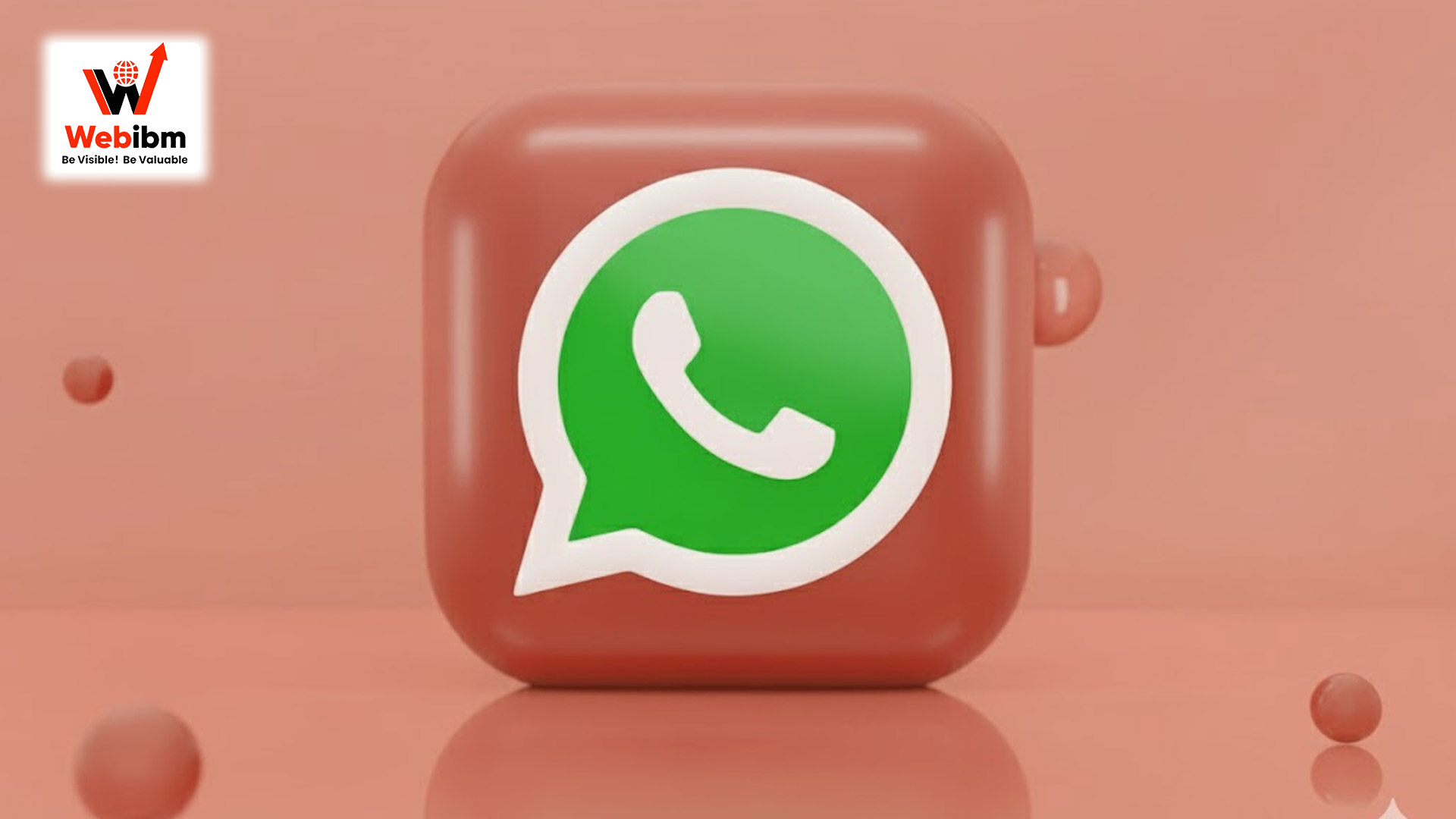

Rohit Shah
2025-09-30
In today’s digital world, WhatsApp has moved beyond being just a messaging app. It has become a powerful marketing tool for businesses of all sizes. With over 2 billion active users globally, WhatsApp provides a direct and personal way to communicate with customers. In 2025, WhatsApp marketing is becoming more advanced, combining automation, personalization, and interactive features. Businesses that stay updated with these trends can increase engagement, boost sales, and build long-lasting relationships with their customers.
WhatsApp is different from other marketing platforms because it allows businesses to communicate directly with customers in a private and personal space. Unlike emails or social media posts, messages on WhatsApp are more likely to be read quickly. Customers trust messages on WhatsApp because they come from a known number and feel more personal.
Here are some reasons why businesses should focus on WhatsApp marketing:
The WhatsApp Business API is a game-changer for medium and large businesses. It allows brands to send notifications, updates, and promotional messages to customers at scale. Businesses can automate messages, integrate with CRM systems, and manage multiple customer interactions at the same time.
Automation is becoming increasingly popular in WhatsApp marketing. Chatbots can handle simple queries, book appointments, provide product details, and even assist with order tracking. Automation saves time, reduces workload, and ensures customers get immediate responses.
Personalization is key in 2025. Sending generic messages no longer works. Businesses are using customer data to send personalized greetings, offers, or recommendations. Personalized messages make customers feel valued and increase the chances of conversion.
WhatsApp now supports interactive message formats such as buttons, lists, and quick replies. These features make it easier for customers to take action directly from the chat. For example, a customer can book a service, choose a product, or pay for an order without leaving WhatsApp.
Visual content is more engaging than plain text. Businesses are sharing short videos, images, and voice messages to promote products and services. Video messages can explain a product, show customer testimonials, or provide step-by-step guides, making communication more effective.
WhatsApp Groups and Communities are being used for niche marketing. Brands are creating groups for loyal customers, VIP members, or special interest communities. These groups allow businesses to share updates, promotions, and exclusive content directly with interested audiences.
Privacy is a major concern for users in 2025. WhatsApp’s end-to-end encryption ensures that messages are secure. Businesses that respect user privacy and follow compliance guidelines gain more trust and loyalty from their customers.
To succeed with WhatsApp marketing, businesses should follow these best practices:
WhatsApp marketing in 2025 is all about automation, personalization, and engagement. Businesses are moving from simple notifications to interactive, two-way conversations. AI chatbots, personalized campaigns, multimedia messages, and community building will dominate the space.
In the future, we can also expect deeper integration with e-commerce platforms. Customers will be able to browse products, make purchases, track orders, and receive customer support—all within WhatsApp. This will make it a complete marketing and sales tool for businesses worldwide.
WhatsApp marketing is no longer optional; it’s essential for businesses that want to stay competitive in 2025. By adopting the latest trends like chatbots, personalized messages, interactive content, and multimedia communication, businesses can enhance customer engagement and loyalty. The key is to be responsive, provide value, and respect customer privacy.
Brands that embrace WhatsApp marketing now will be better positioned to grow their audience, increase sales, and build strong customer relationships in the coming years.